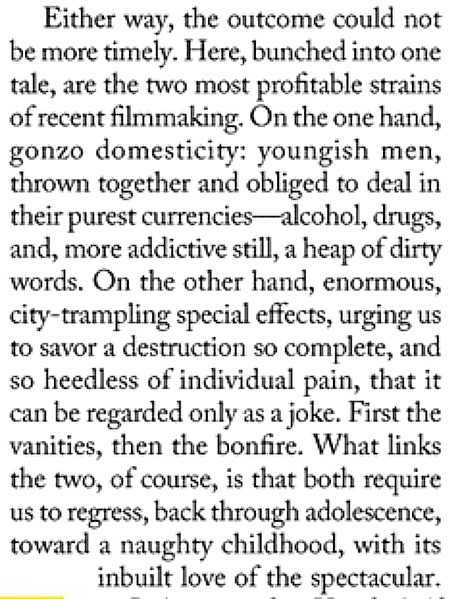They don’t call him Liam “Paycheck” Neeson for nothing. Deadline‘s Mike Fleming is reporting that Neeson is “closing a deal in the vicinity of $20 million” to star in Taken 3. Yes, it’s depressing but who among us would play it differently if we were in Neeson’s shoes? Who would’ve guessed when Neeson was playing handsome, dashing, charismatic soul men in Schindler’s List, Michael Collins and Husbands and Wives, that he would he would one day become the new Charles Bronson?
Neeson, 61, will almost certainly be able to keep making action crap until he’s 70. Bronson kept going until well into his 70s. Almost everything Bronson did after Death Wish was crap, but he held his nose and did it anyway. All through the ’80s and early ’90s he did nothing but piss on his reputation in exchange for cash. Same thing with Neeson — he knows he’s making mostly crap and we all know and accept this…crap, crap, crap, crap, crap, crap, crap. Neeson lights his cigars with $100 bills, but most of the films he’s made since the huge success of Taken (’08)…hell, since he starred in The Phantom Menace…forget it. What’s the point? No one cares.




